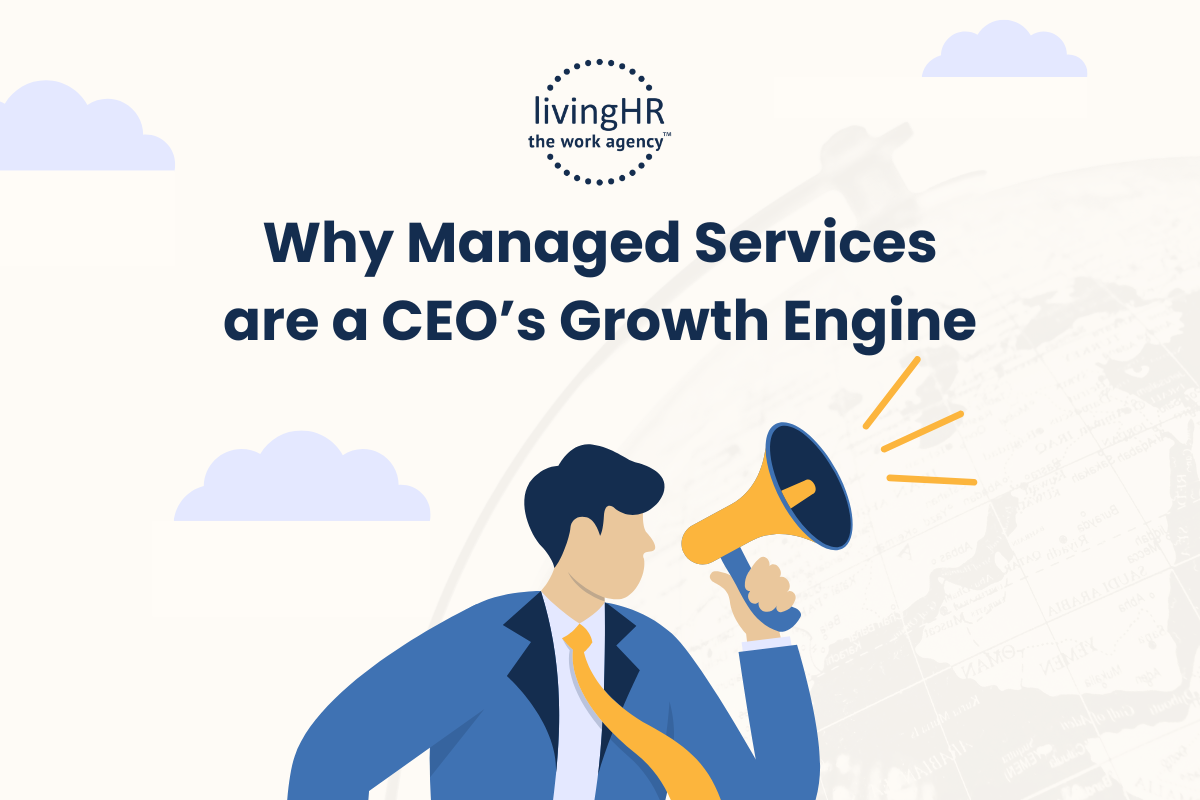A recent Forbes article highlights that 98% of HR professionals are experiencing burnout and overwhelm. This situation emphasizes the urgent need for organizations to find alternative ways to support their HR teams. In fact, 91% of HR teams report an increase in responsibilities, which adds to the already significant strain they face.
The foundation of the role work plays in our lives has been fundamentally disrupted over the past few years. Every workplace is working to adapt, putting immense pressure on HR and People teams. They have to keep up with rapid technological advancements, remote and hybrid work models, talent shortages, inflation, wage issues, a mental health crisis, and polarized views on DEI (Diversity, Equity, and Inclusion). These challenges force HR teams to balance foundational HR needs (like operations, policies, employee relations, benefits, compensation, learning, and performance) with the need to redesign the very nature of work.
The Changing Role of HR Teams
The role of HR teams is evolving. Gartner reports that the HR-to-employee ratio has now shifted to 1 per 58. This change means that unless companies nearly double their HR staff, they will struggle to meet demands. Despite these challenges, HR teams often lack the technological support and external assistance for other business functions. Augmentation is critical for HR teams to maintain their effectiveness and credibility within the business.
Overcoming Augmentation Concerns
A common concern with augmenting HR functions is the potential mismatch with company culture. Choosing the right partner—one that acts as an extension of your team—is crucial. The best partners take the time to understand your culture, learn your strategy, and commit to improving your employee experience.
Benefits of a Managed Services Model
Leveraging a managed services model to augment your HR team offers numerous benefits. These include:
- Service Level Agreements (SLAs) that support your employees.
- Access to advanced systems and subject matter expertise.
- Significant time savings for your internal team.
5 Advantages of Leveraging Managed HR Services
Augmenting parts of HR can save businesses over 50% of the cost of hiring full-time, in-house HR staff. This is because HR covers such a wide scope that companies would otherwise need an expert for each function (e.g., compensation, learning, workforce planning, recruiting).
Utilizing Managed Services allows internal teams to focus on partnering with the business and providing day-to-day service without being stretched too thin. According to Deloitte's Global Survey, 85% of companies rely on external partners for at least one HR function, benefiting from cost savings on taxes, benefits, overhead, turnover, software licenses, training, hiring, and more.
1. Reducing Costs
Augmenting HR functions can significantly reduce recruiting, onboarding, payroll processing, and benefits administration costs. It also minimizes hidden costs of managing HR in-house, such as software and training expenses.
2. Access to Expertise
Partnering with external HR services is similar to using marketing agencies, IT service providers, or accounting firms. It allows businesses to focus on their core value propositions while experts handle specialized tasks. This approach is especially beneficial in areas with fluctuating demands or requiring specialized knowledge.
3. Enhanced Compliance and Risk Mitigation
Employment laws and regulations are constantly changing. An HR partner with legal support services can help HR teams be proactive rather than reactive, preventing costly mistakes and ensuring compliance.
4. Increased Focus on Core Business Activities
Augmenting HR tasks frees up internal team members to focus on critical business activities. This leads to better engagement, productivity, and a more positive experience for the HR team, business leaders, and employees.
5. Scalability and Flexibility
Mergers, acquisitions, and talent gaps make scaling an HR organization challenging. Managed Services provide the flexibility to adjust team size and expertise based on market conditions and organizational needs.
Commonly Augmented HR Functions
The decision to augment HR functions depends on several factors, including headcount, HR-to-employee ratio, hiring forecast, strategic workforce plans, M&A activity, internal capabilities, and organizational growth. Commonly augmented HR functions include:
- Talent Acquisition and Onboarding: Streamline recruitment and ensure smooth onboarding.
- Benefits Administration: Simplify complex benefits administration.
- Performance Management: Redesign and manage performance and development experiences.
- Learning, Leadership, and Training: Provide a wide range of training opportunities.
- Employee Relations/Service: Offer dedicated support for employee relations issues.
To Sum Up
Regardless of your company’s size, augmenting HR functions can offer significant benefits, from cost savings to access to specialized expertise. It helps solve talent gaps and ensures HR teams receive the support they need.
Ready to explore how leveraging HR Managed Services can help your business thrive? Learn how our award-winning, tailored, human-centric, culture-forward solutions at livingHR can empower your organization to achieve its business goals.






